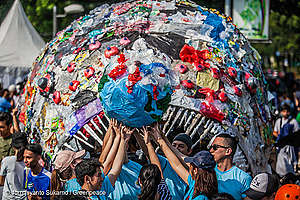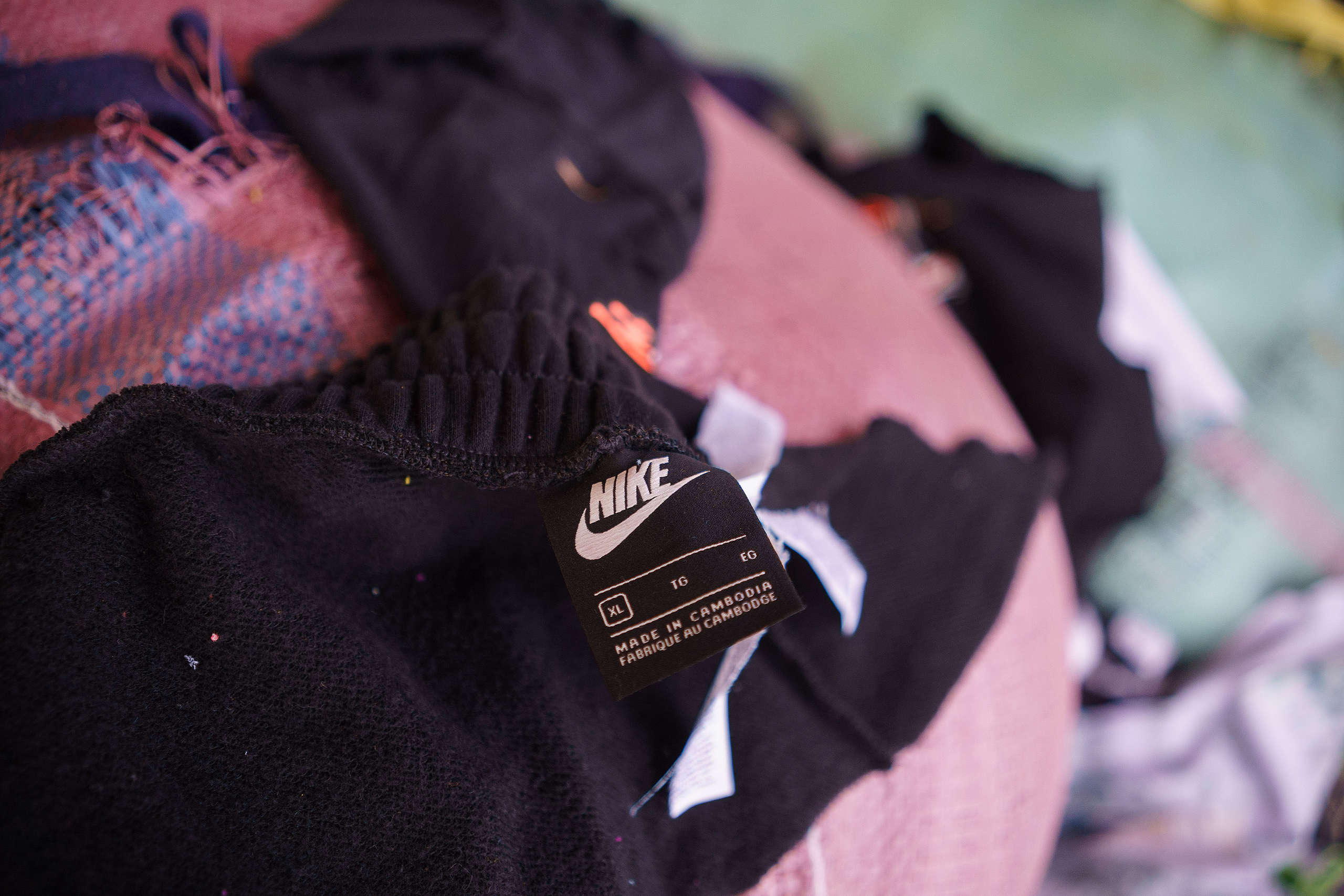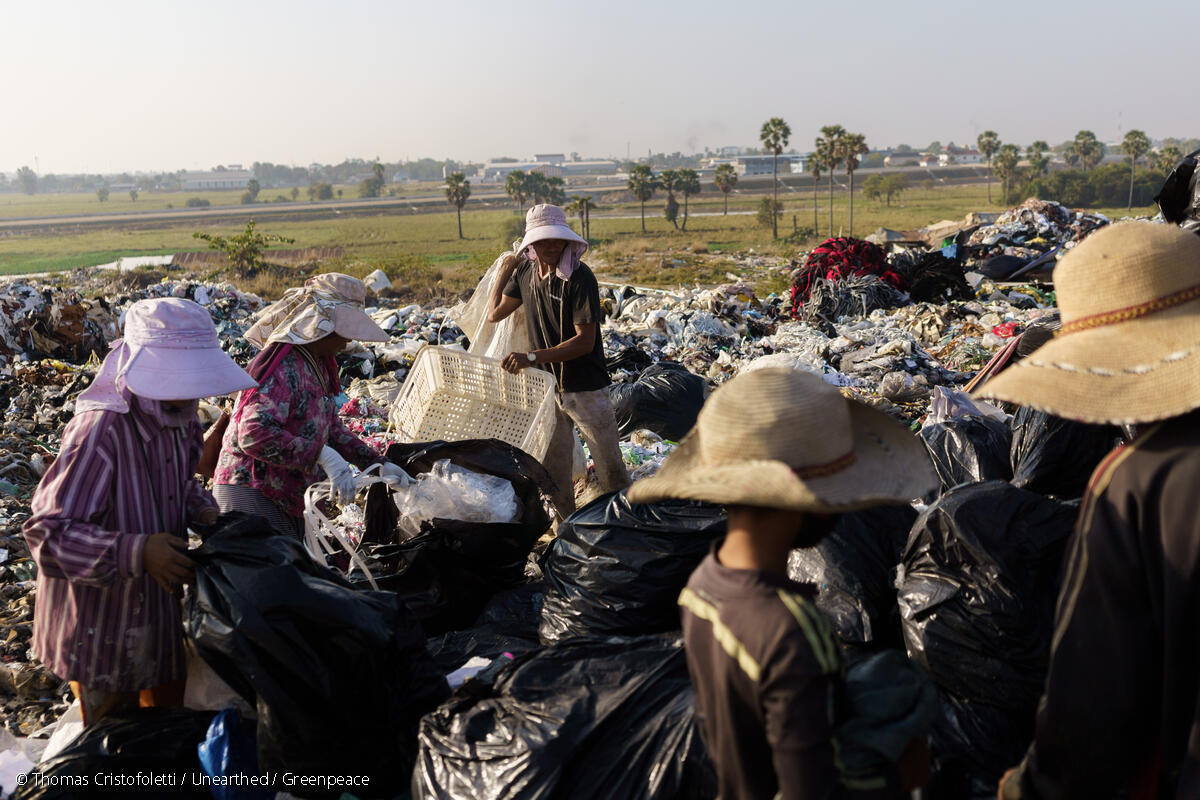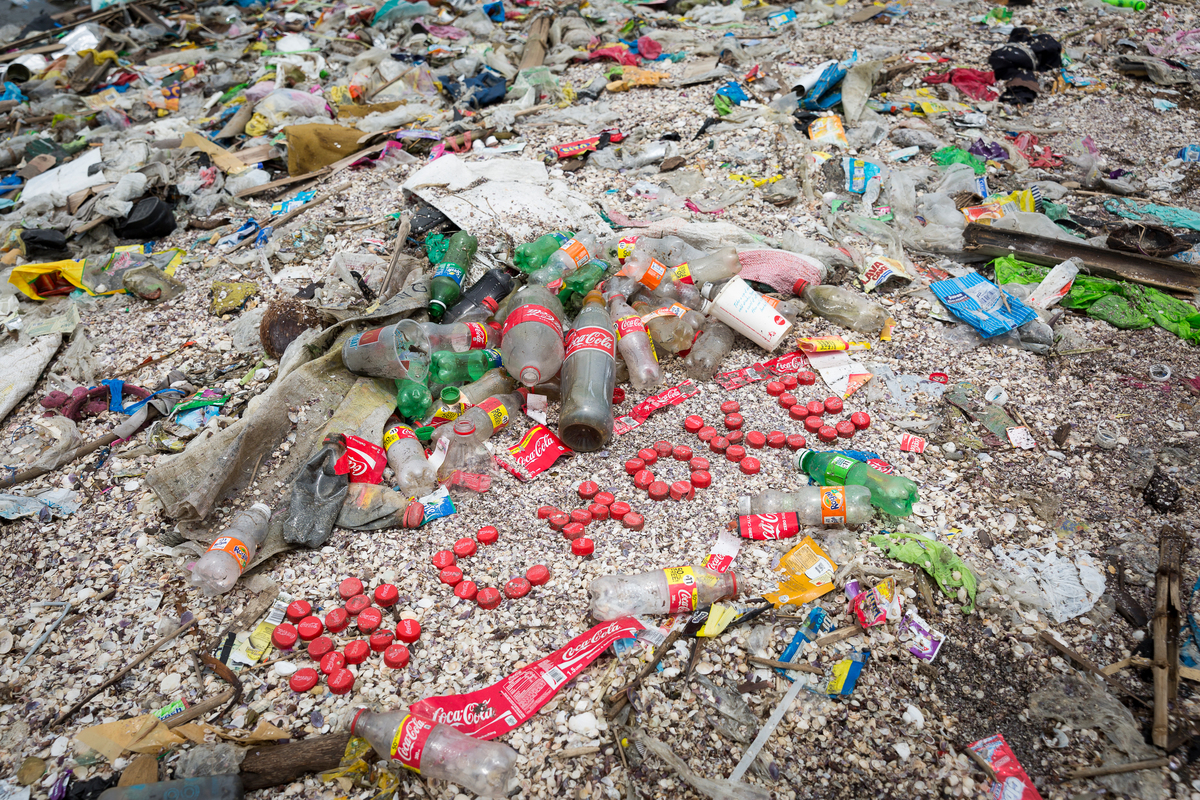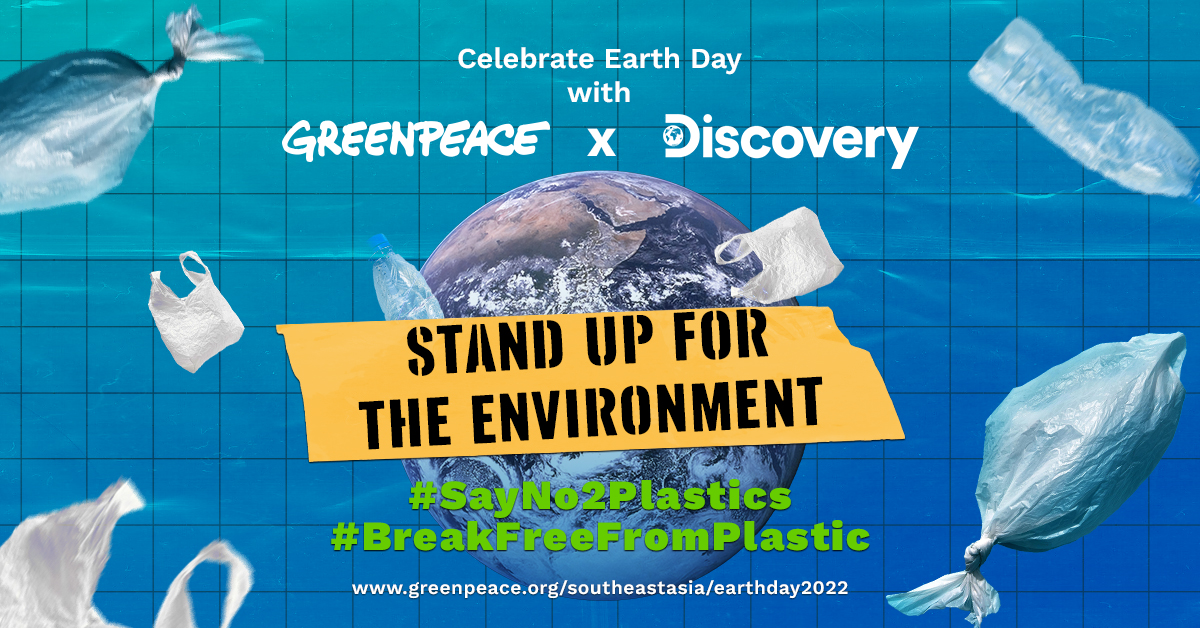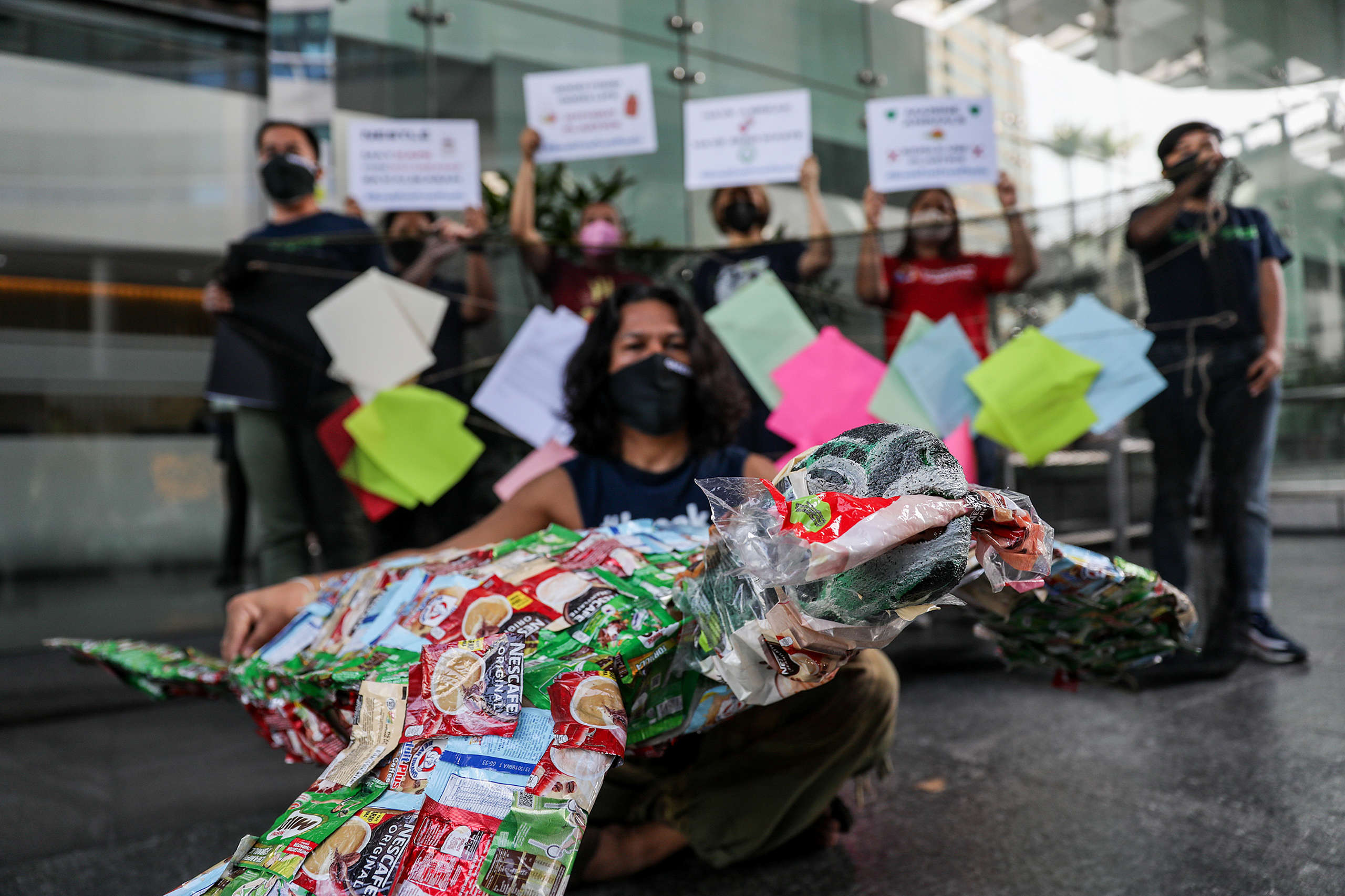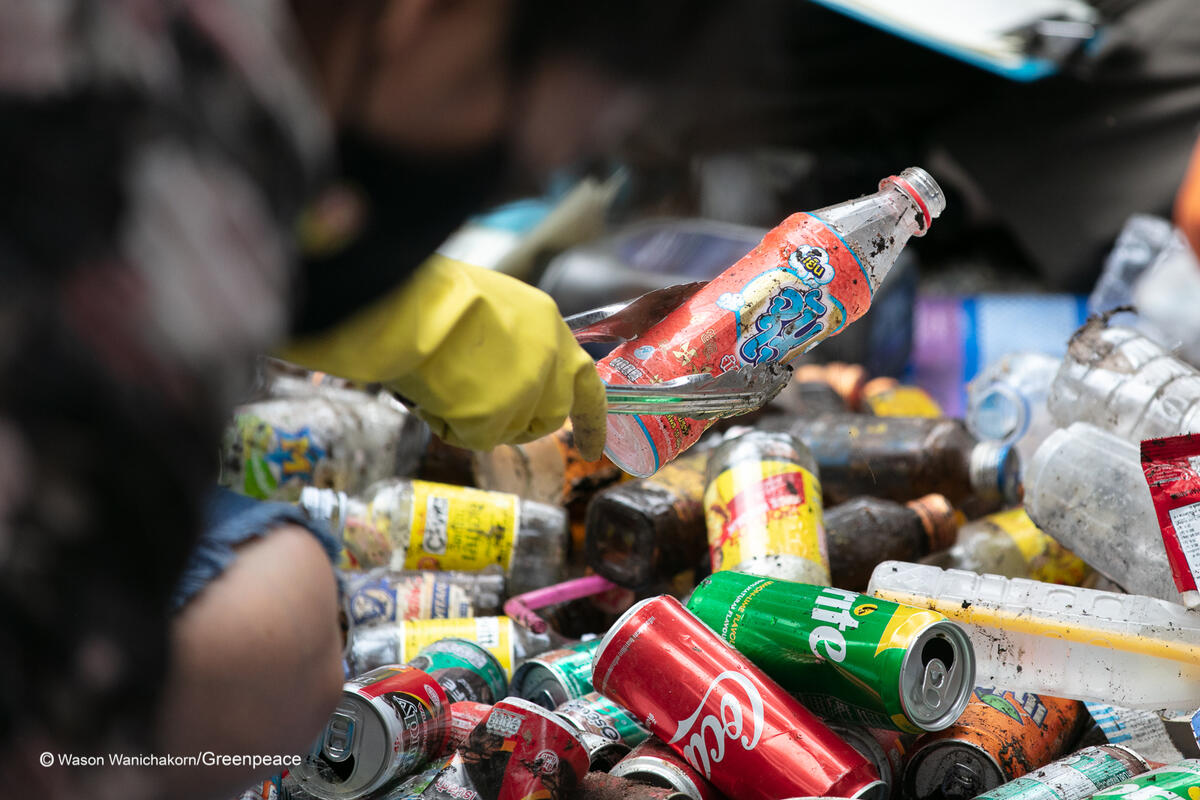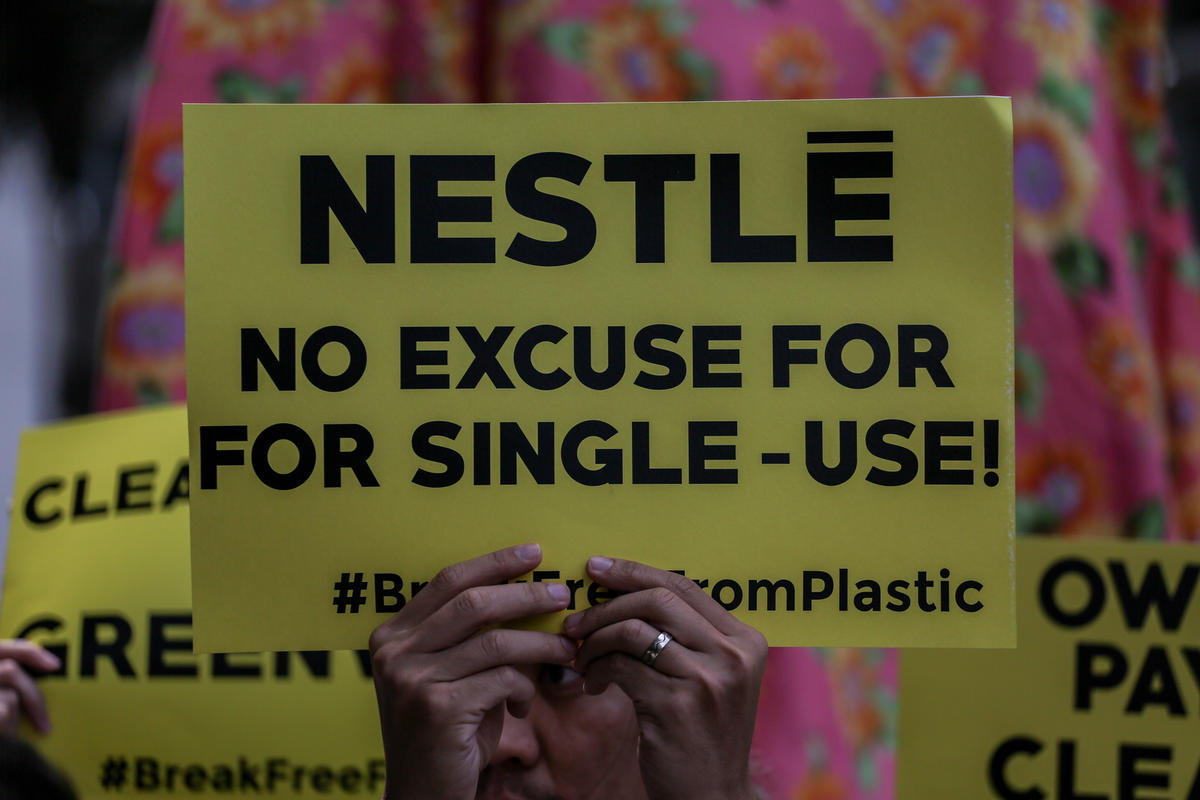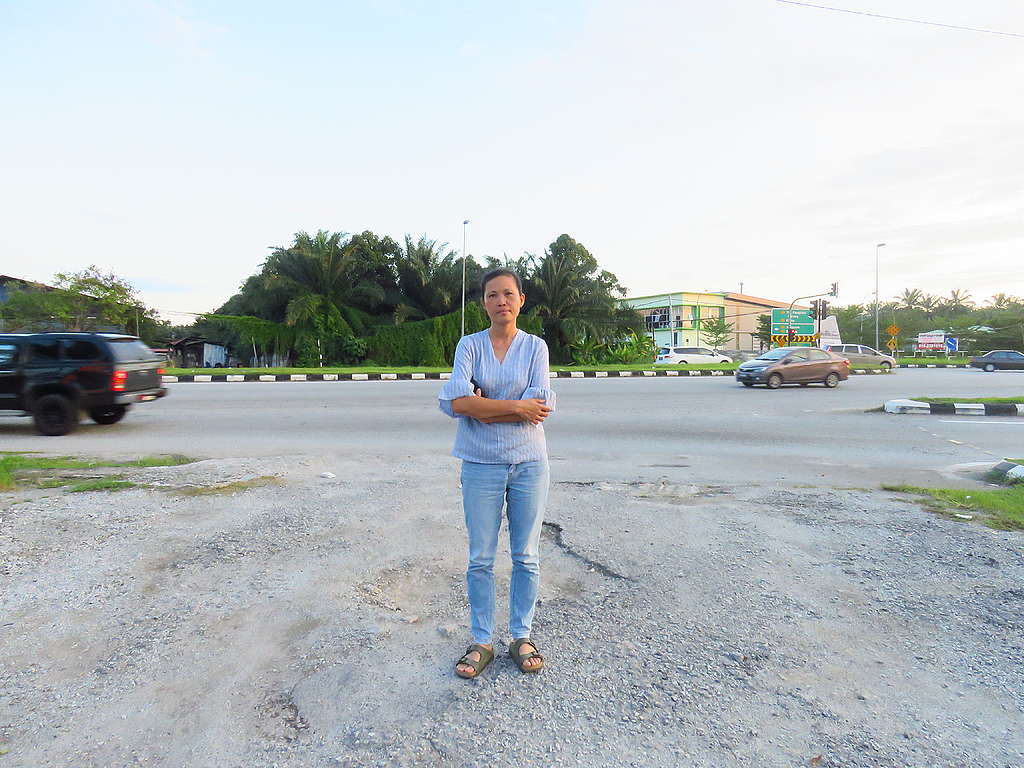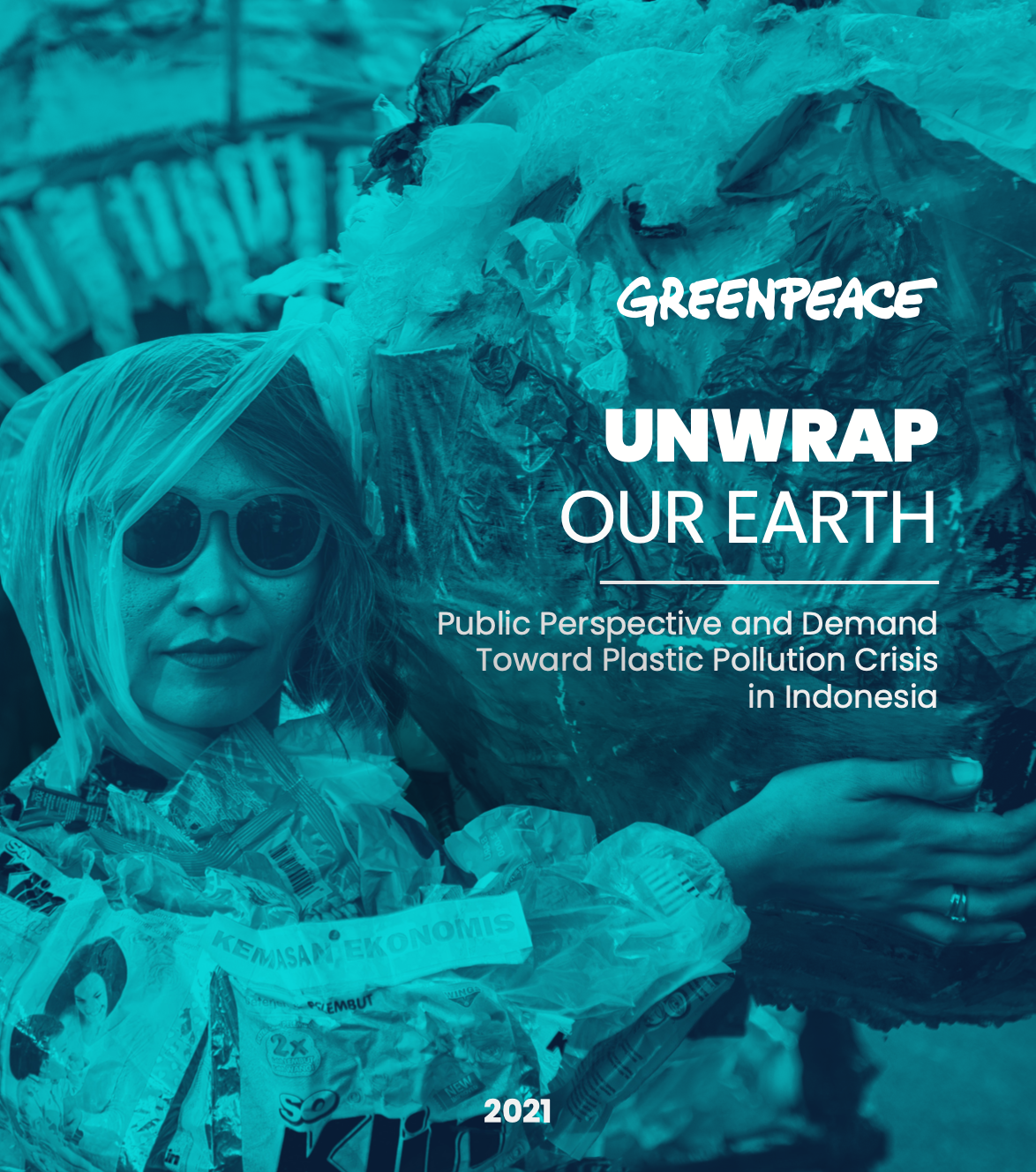All articles
-
Cambodian workers pay the price of Fast Fashion’s supply chain waste problem
Despite the claims about sustainability by big brands, today’s fast fashion system depends on shifting its waste problem onto countries in the Global South where the lack of regulation and enforcement has led to the exploitation of workers and the environment.
-
Fashion waste from Nike, Clarks and other top brands’ suppliers burnt in toxic kilns employing modern-day slaves in Cambodia
Aside from ecological and health hazards, the fashion waste investigation also puts the spotlight on Cambodia’s brick sector that has become infamous for human rights abuses, including debt-bondage – the most common form of contemporary slavery.
-
Take Plastic-Free July one step further this year: Hold the real polluters accountable
Access to refillable, plastic-free options in our communities should be more than a “nice to have.” That is why we’re taking Plastic-Free July a step further this year.
-
Tips to save money while helping the environment
Reduce and reuse often go hand-in-hand. There are many affordable options available for all of us to explore.
-
Greenpeace Southeast Asia teams up with Discovery Networks for Earth Day 2022
This Earth Day collaboration hopes to shed light on the plastics crisis and invite the wider public to be part of the solution by choosing sustainable alternatives to single-use plastic.
-
Activists send plastic waste back to Nestle, call out company for greenwashing
Nestle continues to figure in waste and brand audits as one of the worst polluters. The company also ranks 6th among global fast moving consumer goods companies in a recent Break Free From Plastic report on false solutions, with Nestle leading the way in terms of questionable “plastic neutrality” agreements with other companies.
-
The Coca-Cola Company and PepsiCo named top plastic polluters for the fourth year in a row
Global beach cleanups were carried out by more than 11,000 volunteers in 45 countries to identify the most common plastic polluters. This year’s Brand Audit found nearly 20,000 Coca-Cola branded products, which represents more pollution than the next two top polluters combined—as has been the case each year since 2019.
-
Plastic worsens the climate crisis, from the Philippines to the United States
Plastic comes from fossil fuels and the consumer goods companies pushing plastic on our communities from the United States to the Philippines are making the climate crisis worse.
-
Meet Malaysia’s frontline defender against plastic pollution
We could say that Pua Lay Peng is the Malaysian version of Erin Brockovich, a concerned citizen who fought for a better environment and consequently, built a strong movement.
-
Unwrap Our Earth
This report is aimed at examining the issue of single use plastic in Indonesia. The public’s behavior, the role of manufacturers and governmental policies will all be considered.

